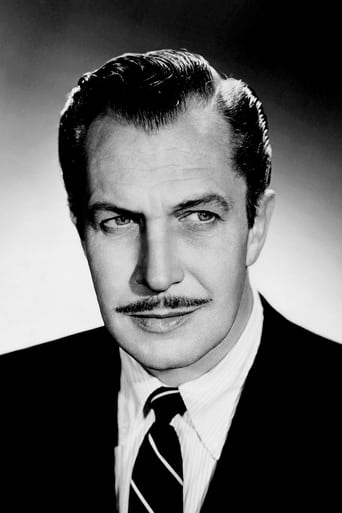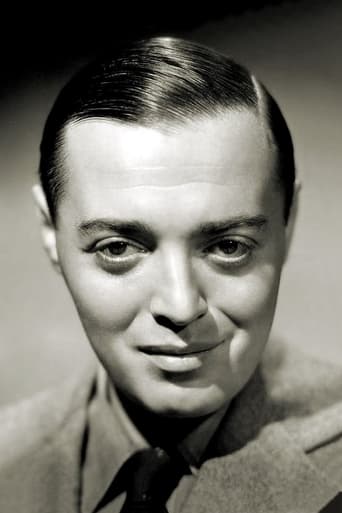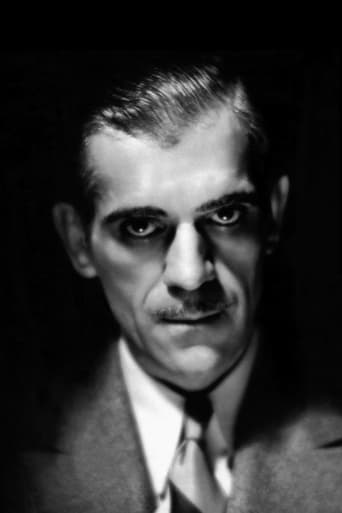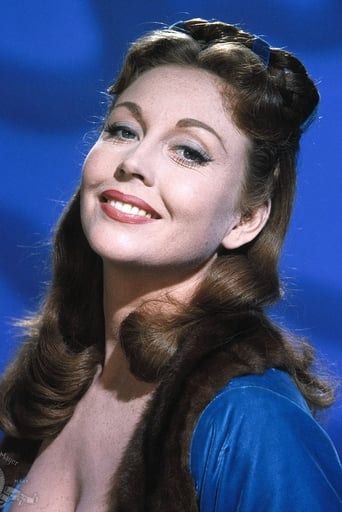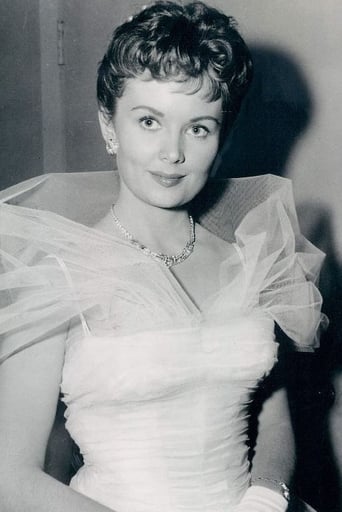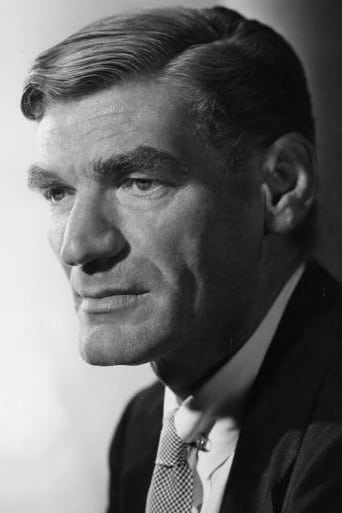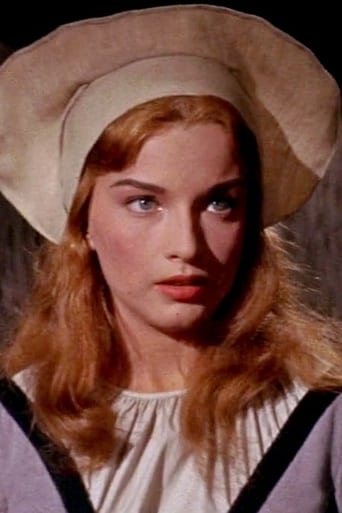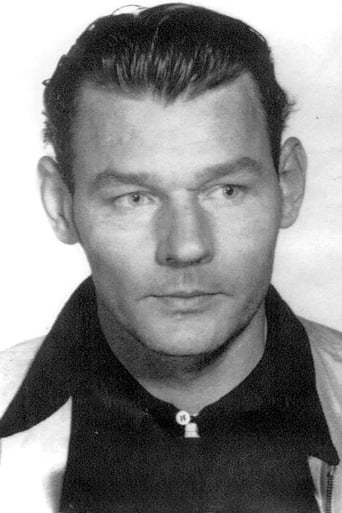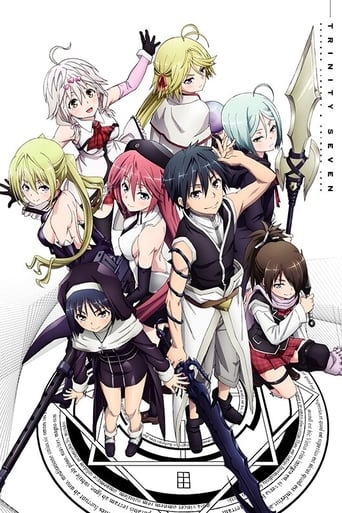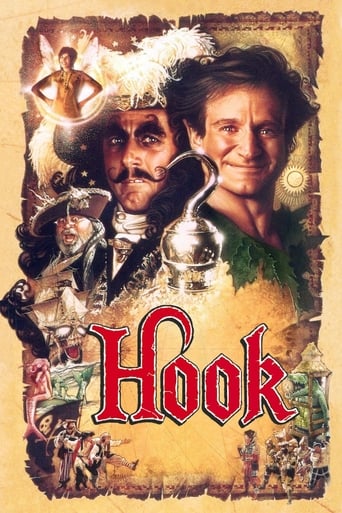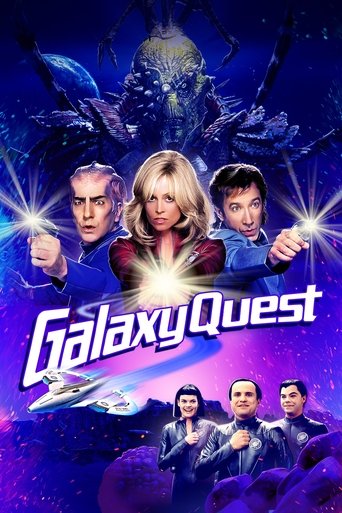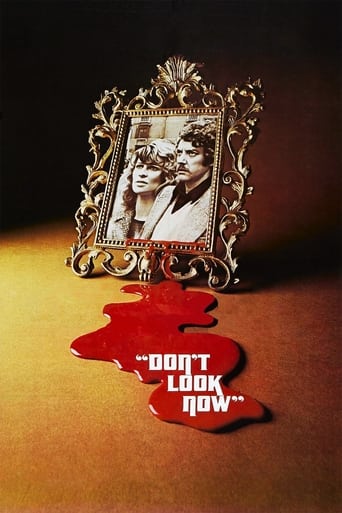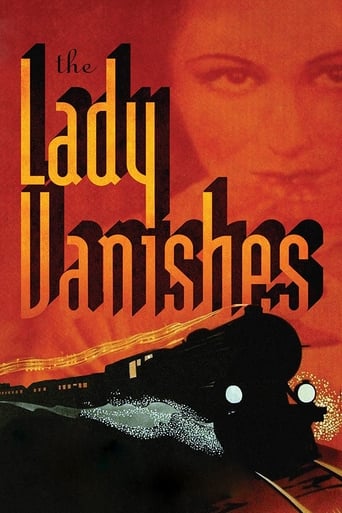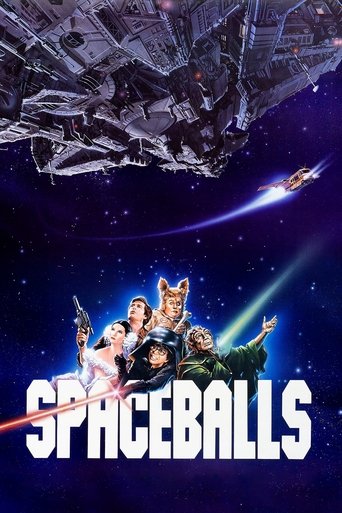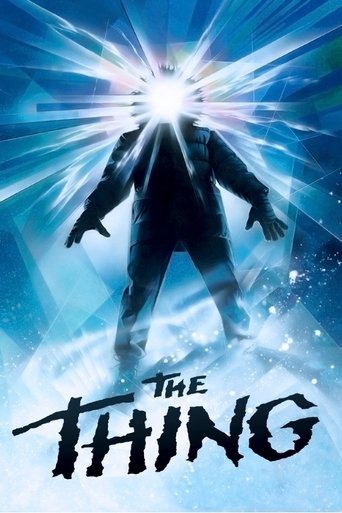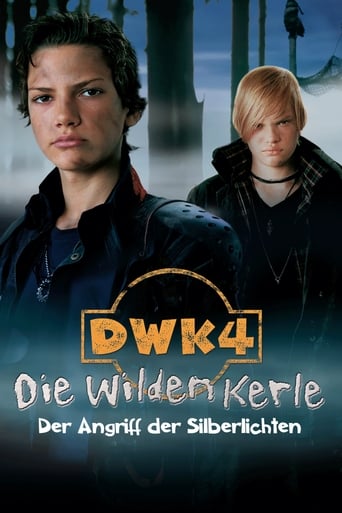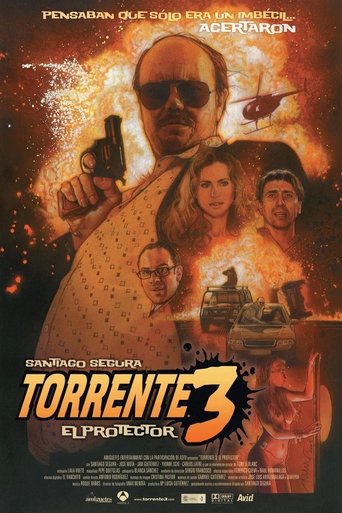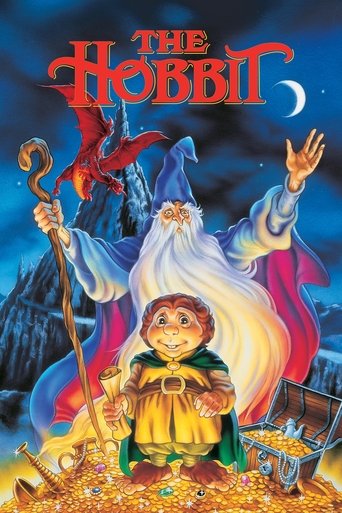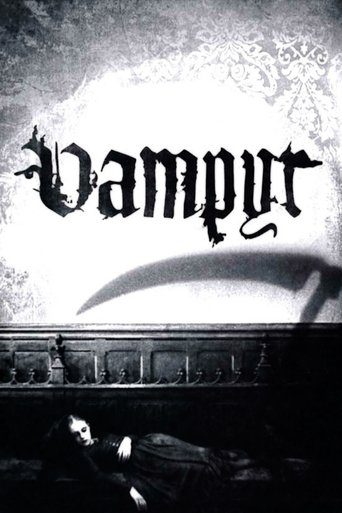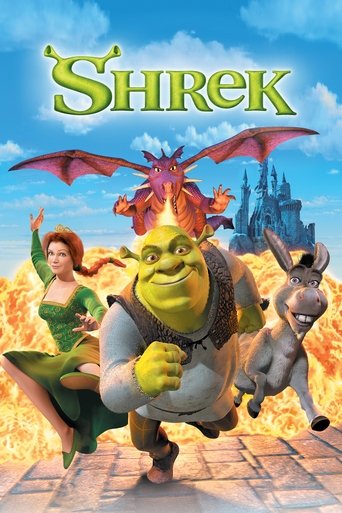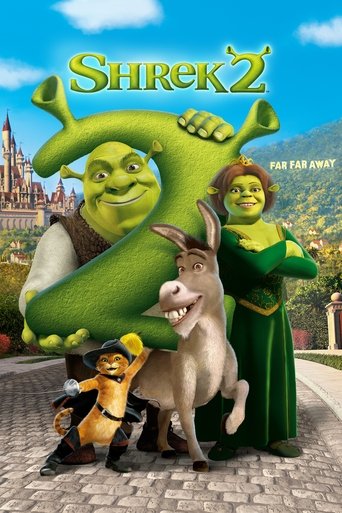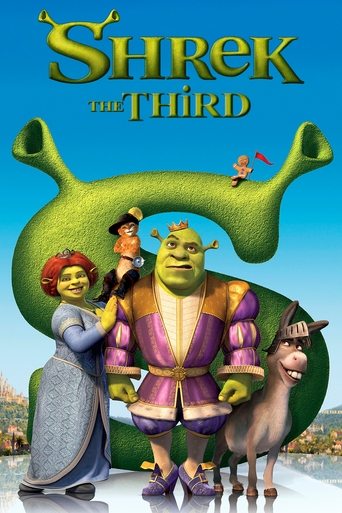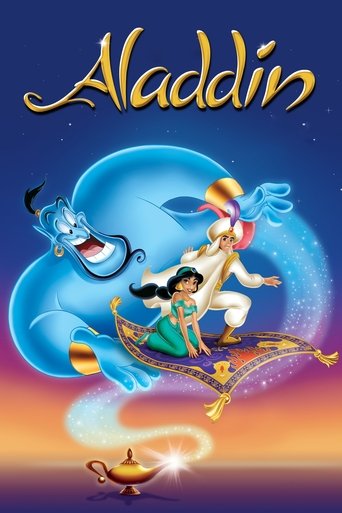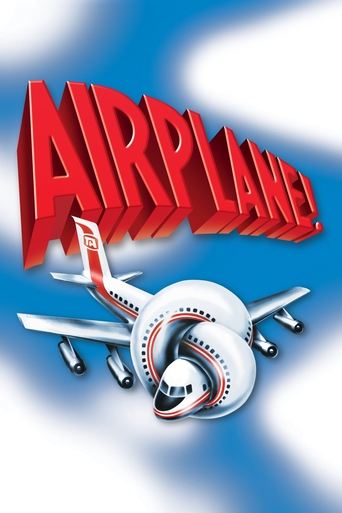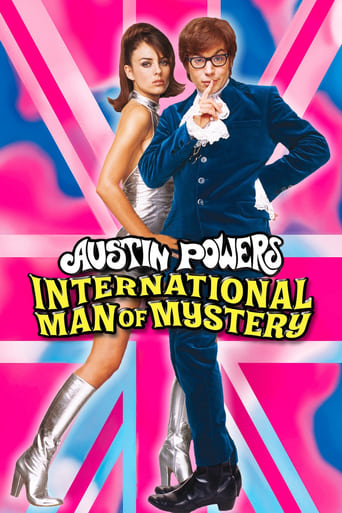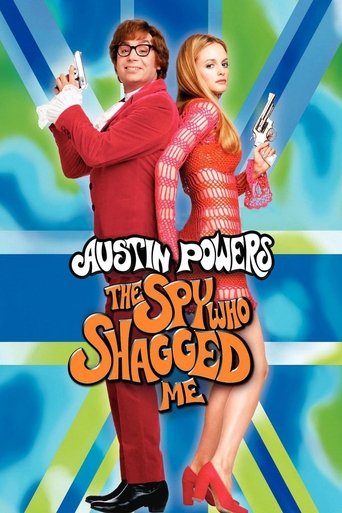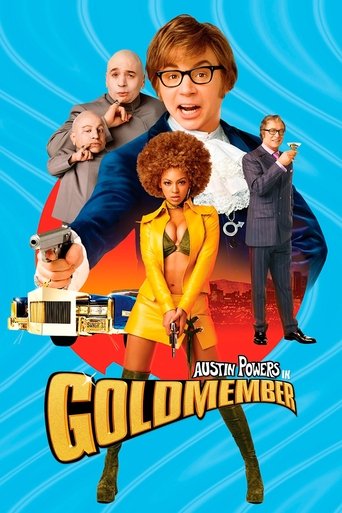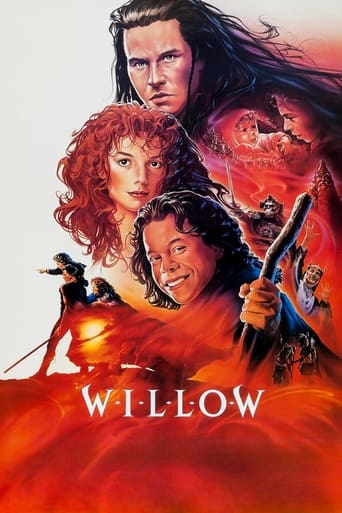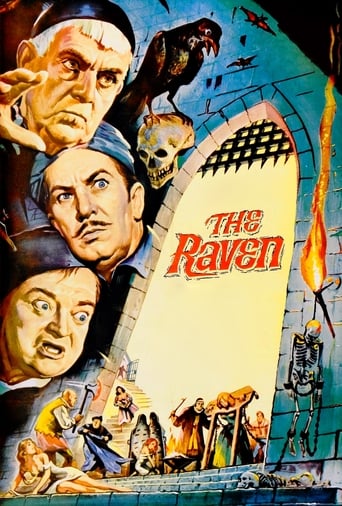
The Raven (1963)
A magician who has been turned into a raven turns to a former sorcerer for help.
- Roger Corman
- Jack Bohrer
- Richard Matheson
- Edgar Allan Poe
Rating: 6.298/10 by 242 users
Alternative Title:
Le Corbeau - AF
El cuervo - ES
Ворон - UA
Country:
United States of America
Language:
English
Runtime: 01 hour 26 minutes
Budget: $350,000
Revenue: $1,499,275
Plot Keyword: magic, castle, sorcery, parody, sorcerer, duel, based on song, poem or rhyme, horse carriage, raven, wizard, magician
_**The origin of the ‘Sorcerer Supreme’ (no, not Dr. Strange)**_ In 1506, a former sorcerer (Vincent Price) aids a lesser magician who has been turned into a raven (Peter Lorre) by a great wizard (Boris Karloff). When he learns that the ghost of his beloved dead wife (Hazel Court) has been seen at the castle of the great wizard, they venture there to find out, along with the sorcerer’s daughter and magician’s son (Olive Sturgess & Jack Nicholson). Directed by Roger Corman and written by Richard Matheson, “The Raven” (1963) is a horror comedy inspired by Edgar Allen Poe’s poem, spoofing Corman’s Poe flicks that were popular at the time. It’s amusing in the manner of the future “Young Frankenstein” (1974), yet in lush color. The trained raven is effective while the stunning Hazel Court is a highlight on the feminine front. Meanwhile there’s Nicholson as a strapping young lad. Despite being a comedy, fans of Marvel’s Dr. Strange might be interested in “The Raven” since some of the concepts clearly inspired Stan Lee & Steve Ditko in the creation of that comic book character. For instance, the idea of a sorcerer supreme and the look of Dr. Strange, who initially resembled Price, as well as the mystic mêlée of the sorcerers at the close, which features not only bolts of magic energy but ‘shields’ to thwart opposing energies. Dr. Strange’s debut in Strange Tales #110 was on the racks a few months following the release of “The Raven.” After the film was shot in 15 days, the superbly eerie sets were still available for a few days before demolition. Thus Corman acted quickly to concoct a script via Leo Gordon and enlisted Karloff & Nicholson for the quickie project, which turned out to be “The Terror,” released five months after this one. Boris said it was amusing the way Roger dashed around with him & the other actors filming scenes just a couple of steps ahead of the wreckers. Unlike the goofiness of this film, “The Terror” is a thoroughly serious Gothic Horror in the mold of spooky Hammer flicks, à la “Dracula, Prince of Darkness” (1966). So if you want to see a serious early 60’s horror movie utilizing the same superb sets, check it out. It’s impossible to compare the two since they’re so different in tone, but I favor “The Terror,” which features a young Francis Ford Coppola’s early directorial work in the formidable section shot in Big Sur, California. The film is trim at 1 hour, 26 minutes, and was shot in Los Angeles. GRADE: B-
Welcome to one of the few negative reviews of this film. There is a fine line between cheesy, campy, crappy horror film, and funny horror film. This falls into the former category. The plot concerns three sorcerers who try to outdo each other after they visit the gothic castle home of one. The plot gives way to humor that makes Adam Sandler at his worst look like Oscar Wilde. So many people find this stuff hilarious, but the lack of laughs makes this painful to watch. Corman did one masterpiece film, "Frankenstein Unbound," but his penchant for no budget and little thought to scripts have resulted in films on the level of Ed Wood. No one dares speak of this, however, because Corman is revered for giving up-and-comers their starts and always making a dime. Anyone can make a dime off a celluloid pile that costs a nickel. "The Raven" features Boris Karloff, Vincent Price, and Peter Lorre, and they are all terrible. They mug for the camera, and do not deliver one laugh. Jack Nicholson, young and fit, shows up in time to give no proof he would ever win Oscars. Corman's direction is standard, and Richard Matheson's screenplay seems like it was composed as the film progressed. I would put "The Raven" out for the night.

